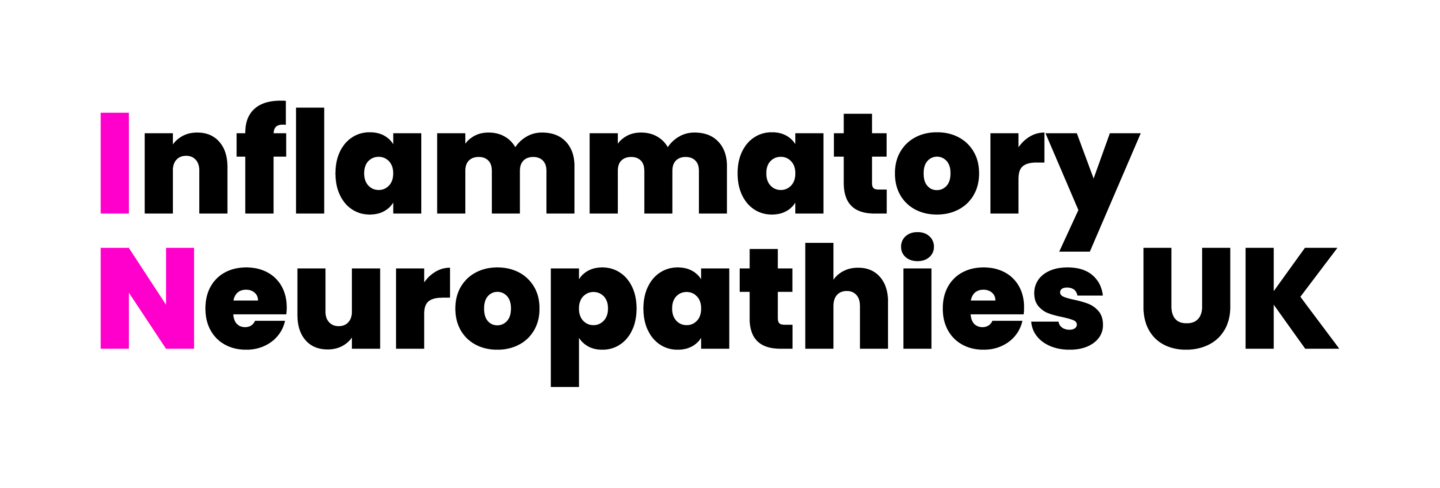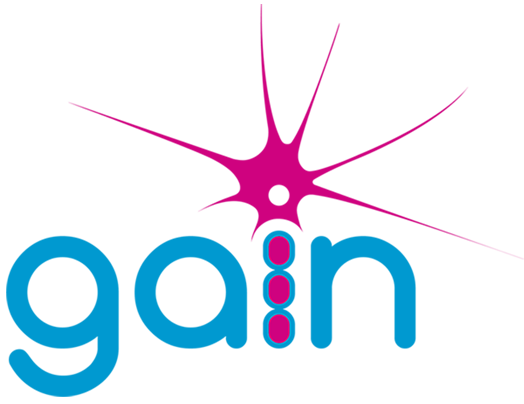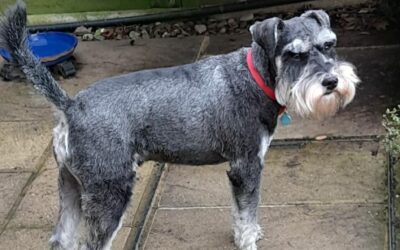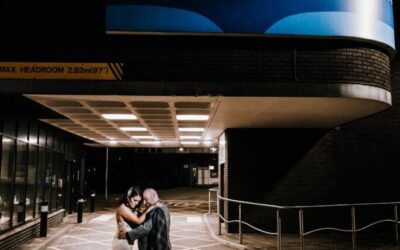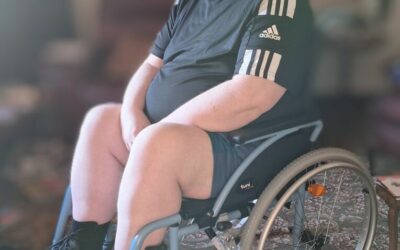In my mind I’m free
By Angus Harper
After completing my degree, I thought I would treat myself to a year abroad before starting full time work. Not even a week after my graduation I was on a plane to work as a cashier in a large store in Midtown, Manhattan. Following that I attended a Spanish course in Buenos Aires to warm up my Spanish before travelling with friends up the West Coast of South America, from Chile to Columbia.
Afternoon, 30th October, after a thrilling day cycling the infamous ‘Death Road’ in Bolivia I started to feel agonising pains in my legs. I tried to rid the pain through resting but I couldn’t relax, I tried eating but I couldn’t sit, nothing helped. It was as though someone was pricking my muscles underneath my skin. Within hours it had become an unbearable stabbing sensation with no sign of letting up. Thinking it was altitude sickness, the hostel put me on oxygen which only enhanced the pain. My friend Joe and I were put into a taxi and taken to a hospital recommended by the hostel. I had no idea of the life-changing events that were about to unfold.
I spent one intensely painful night in hospital receiving a strong dose of painkillers and treatment for a salt imbalance. The following day I was told I was cured and could leave. Taking out the drip my entire body seized up into cramps, sending me into hyperventilation. I called the nurse station for help. The nurse arrived uninterested by the situation, but did put me on oxygen at my request. However the requested doctor arrived another forty minutes later, by which time I had stretched out the cramp, and the situation had been resolved. The doctor dismissed my concerns of weakness as exhaustion, took my heart rate and told me I could be discharged, once I’d paid. Down at reception they wouldn’t take card so they arranged for a taxi and nurse to take us to an ATM, then drop us at our hostel. Our ‘taxi’ driver took the most indirect route to give himself more time to flirt with the nurse in the front seat. In the meantime, I was in worsening pain from constipation and exhaustion, or so I thought. Getting into bed the mattress felt like concrete, I could not sleep. I was in too much pain. In the morning I was collapsing again and again. After vomiting on the pavement outside the hostel I was helped into a taxi. Knowing only one hospital in La Paz and believing it must be good for its high trip adviser rating, we went back to the same place. The driver ran every red light, taking only a fraction of last night’s time. Pulling up, I stumbled through the entrance, receiving little help from the hospital staff loitering at reception. After receiving a brief assessment by the doctors on duty, I was helped into a wheelchair and taken to the same bed I was in before.
Day and night, the interest from the doctors and nurses in this hospital was poor. As time went by they failed to diagnose me whilst I rapidly deteriorated. First my feet became paralysed, then my legs, my hands, my arms and then finally my torso. Desperate to rid the constipation feeling, I kept trying to go to the toilet but with no luck. Eventually my legs became too weak and I had to rely on Joe to carry me each time. When Joe wasn’t around I required the nurses who were not only unwilling, but also had a go at me for ‘not making an effort to walk’. Desperately trying to get the doctors interested in my case, I would send Joe down to reception to notify them of a new progression in the paralysis, he would then report back to me having been shunned. The doctors would insist that they ‘knew what they were doing’ and shouldn’t be bothered further. Instead of a call bell, there was a landline telephone beside my bed and to call reception I had to tap 2-0-0 and pick up. On the second day since reemission, 2nd November I could no longer use the telephone, pressing the buttons and lifting the phone had become too much. When I needed help I was fully reliant on Joe being there, or mealtimes when a nurse delivered the tray. The nights were tough, waiting for morning to come. In the afternoon a neurologist came in to try and diagnose me. He poked my foot and asked if I could feel. I said ‘Sí’. So he left the room and told the doctors it was not his field. That evening the doctor on duty told me that they ‘think they know what is wrong with me’ and that they were going to treat me with two drips for a salt imbalance. I asked ‘what if it doesn’t work’ and he told me that they were very confident that it will work and ‘if I am not better by tomorrow morning, we have a serious problem’. He bid me goodnight and said that I would be checked on in the morning.
The night was long. When morning came I was worse, not better! No doctors came to check on me. I called my parents who had also had another sleepless night. They were waiting for the British Embassy in La Paz to reopen after yesterday’s bank holiday. I told them that the situation looked morbid and that I no longer trusted the doctors here. After putting the phone down I recorded a video on my phone explaining the current situation. A nurse came in with breakfast and as she fed me I asked her if she new anything about my current situation. She asked me ‘Tú crees en Dios?’, Do you believe in God? I asked her to send a doctor up when she left. I was left, lying there in pain and contemplation over whether it would be worse to be paralysed for life or just die. After all, how many cases with the symptoms of paralysis end in a full recovery. None to my knowledge. No doctor came.
Joe arrived, letting me know that my parents had contacted the British Embassy and a Consular would be coming this afternoon to take me to a better hospital called Cemes. He packed my bag and at 12 we received a knock on the door. It was the Consular, Jill, and a doctor from Cemes hospital. Against slight resistance from the hospital they loaded me into the ambulance and drove me to Cemes Hospital. Upon leaving the Cemes doctor told me that most of the staff at that hospital were underqualified. We later discovered that that hospital paid off the reception staff at our hostel to send them their sick guests.
We arrived at Cemes and within minutes I was receiving a lumbar puncture. An hour later Dr de Ferrari came back with the results and diagnosed me with Guillain-Barré syndrome. Guillain-Barré syndrome, also known as GBS is a auto-immune syndrome where the white blood cells mutate to attack the motor and sometimes sensory neurones. The probability of getting it is 1-2 per 100,000 and this probability is unchanged by health, age or race. But most importantly of all, treatment does exist and given the right medication and physiotherapy most patients make a full recovery, but can take several years. As soon as the diagnosis was received, the Cemes staff started the process of taking a unit of my blood, separating the red blood cells from the plasma and returning my red blood cells into my blood stream alongside donated plasma. This is called a plasma exchange. A process to be repeated 12 times.
Dr de Ferrari also noticed that I was having trouble coughing. A typical sign of a failing diaphragm. In GBS the paralysis typically progresses from the outer limbs inwards. As my diaphragm was currently under attack, the next stop would be my lungs. Usually, at this point I would be put on a ventilator, but because Cemes’s ICU was occupied by someone carrying a contagious disease, I would have to be transferred to another hospital’s ICU. Therefore they gave the decision to me. Knowing that a ventilator would make me unable to speak, I chose the ‘wait and see’ approach. Without speech I would have little way of communicating, not something you want when fully dependent. Had I remained another 36hrs in the previous hospital, my lungs would have failed, suffocating me.
Unbeknown to me at the time was that my symptoms indicated that I was at a high risk of haemorrhage or heart attack as the nerve linking to the heart and bowels had also been badly damaged.
Word had got back to my family about the potential move to ICU and it sent my family into a frenzy. Mum meanwhile was on an aeroplane, flying out to be by my side.
Through the night my blood was taken, filtered and the red blood cells fed back through the drip. Alongside the blood transplant I was receiving immunoglobulin, a protein known to jump start the body’s recovery from paralysis caused by GBS. Unable to press the call bell when uncomfortable it was another tough night. In the morning my phone rang four times on my bedside table, yet I could do nothing. It was my parents wanting to know how I was; my breathing had stopped getting worse, so to everyone’s relief it was unlikely that I would need the ventilator. The progression of paralysis had stopped.
Mum took over the day care from Joe, who could then continue onto Peru. The nights were made better by a night nurse who helped me through extreme levels of discomfort. My body was hypersensitive and almost everything hurt so moving me was incredibly difficult. One night my constipation turned to diarrhoea, not having a hoist I was manhandled each time onto a commode thus damaging the nerves and structure of my shoulders. The night was agony and all dignity I had left was lost. Under mum’s care we mitigated the high levels of pain and created a charity fundraising page for ‘GAIN’, the UK charity for GBS. My paralysed diaphragm meant I needed my bed tilted up all day and all night which caused pains in my legs and gluteal muscles. Mum worked tirelessly to help me through the pain. When the pain became impossible to handle the doctors would up the painkiller from Paracetamol to an opiate.
On the 14th November I was medevacked back to Britain. Because of the high altitude of La Paz finding a suitable plane was tough but in the end the insurers pulled through with an Argentine Leer Jet. Unfortunately, because of the high altitude and the pilots wanting to minimise weight, my mother and rucksack were not able to fly with me.
The flight carrying three pilots, one doctor, one nurse and myself landed 4 times to refuel before finally touching down in Southampton. From Southampton I was taken to the Royal Surrey Hospital in Guildford where I was registered into the NHS system.
The Royal Surrey far surpassed my previous Bolivian hospitals. Because of the hoist system I was able to be showered, use a supportive chair and use a commode. The physiotherapy equipment allowed me to begin the progress of relearning to stand. It is amazing how much the body adapts to lying down 24/7.
I spent two weeks in the Royal Surrey getting visits from friends and family. On the 23rd November I had my 22nd birthday.
On the 26th November I was moved to a rehab unit in Woking. It was a shock at first but the excellent staff did their best to help me settle in. The physiotherapy and occupational therapy have been fantastic, enabling me to be home for Christmas and New Years. Now I am able to go home every weekend in preparation for my discharge in June. I am also able to walk using a zimmer frame and hope to be on crutches by the time of my release.
This blog, although therapeutic is also an opportunity to improve my writing style for a book that I am currently working on. The book will be detailing my experience of becoming paralysed and my recovery with special emphasis on the psychological impact of a near death experience, locked in syndrome and how people react when their world comes crashing down.
